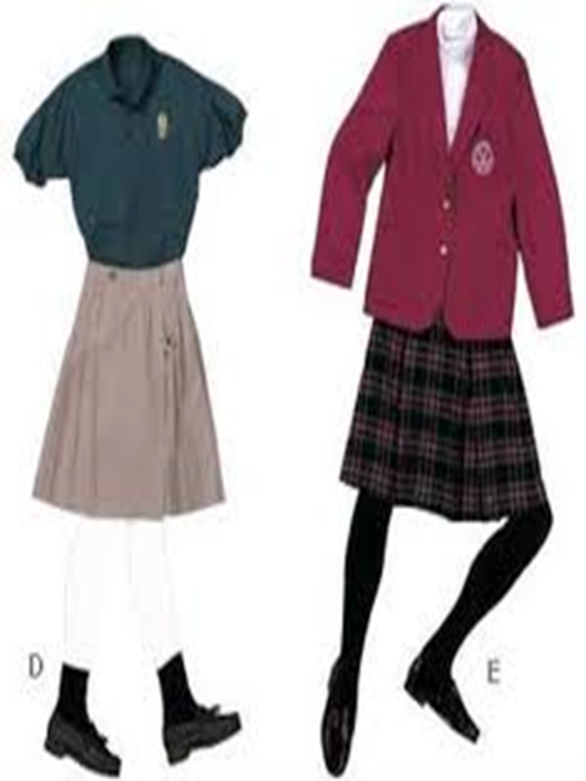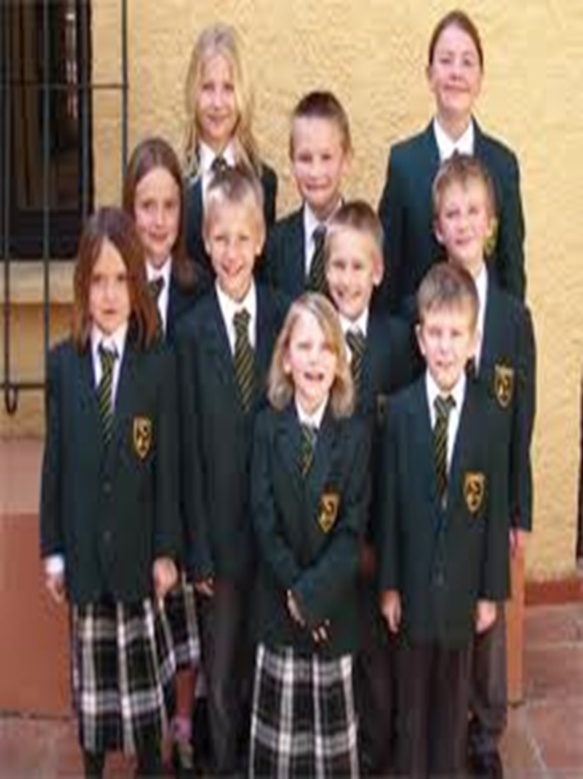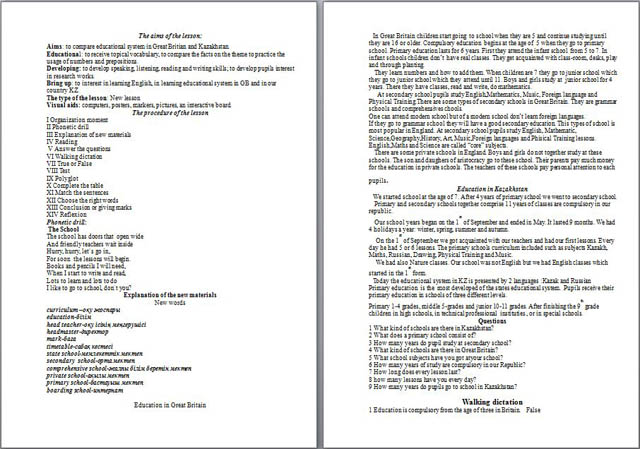qwertyuiopasdfghjklzxcvbnmqwertyuiopasdfghjklzxcvbnmqwertyuiopasdfghjklzxcvbnmqwertyuiopasdfghjklzxcvbnmqwertyuiopasdfghjklzxcvbnmqwertyuiopasdfghjklzxcvbnmqwertyuiopasdfghjklzxcvbnmqwertyuiopasdfghjklzxcvbnmqwertyuiopasdfghjklzxcvbnmqwertyuiopasdfghjklzxcvbnmqwertyuiopasdfghjklzxcvbnmqwertyuiopasdfghjklzxcvbnmqwertyuiopasdfghjklzxcvbnmqwertyuiopasdfghjklzxcvbnmqwertyuiopasdfghjklzxcvbnmqwertyuiopasdfghjklzxcvbnmqwertyuiopasdfghjklzxcvbnmqwertyuiopasdfghjklzxcvbnmrtyuiopasdfghjklzxcvbnmqwertyuiopasdfghjklzxcvbnmqwertyuiopasdfghjklzxcvbnmqwertyuiopasdfghjklzxcvbnmqwertyuiopasdfghjklzxcvbnmqwertyuiopasdfghjklzxcvbnmqwertyuiopasdfghjklzxcvbnmqwertyuiopasdfghjklzxcvbnmqwertyuiopasdfghjklzxcvbnmqwertyuiopasdfghjklzxcvbnmqwertyuiopasdfghjklzxcvbnmqwertyuiopasdfghjklzxcvbnmqwertyuiopasdfghjklzxcvbnmrtyuiopasdfghjklzxcvbnmqwertyuiopasdfghjklzxcvbnmqwertyuiopasdfghjklzxcvbnmqwertyuiopasdfghjklzxcvbnmqwertyuiopasdfghjklzxcvbnmqwertyuiopasdfghjklzxcvbnmqwertyuiopasdfghjklzxcvbnmqwertyuiopasdfghjklzxcvbnmqwertyuiopasdfghjklzxcvbnmqwertyuiopasdfghjklzxcvbnmqwertyuiopasdfghjklzxcvbnmqwertyuiopasdfghjklzxcvbnmqwertyuiopasdfghjklzxcvbnmrtyuiopasdfghjklzxcvbnmqwertyuiopasdfghjklzxcvbnmqwertyuiopasdfghjklzxcvbnmqwertyuiopasdfghjklzxcvbnmqwertyuiopasdfghjklzxcvbnmqwertyuiopasdfghjklzxcvbnmqwertyuiopasdfghjklzxcvbnmqwertyuiopasdfghjklzxcvbnmqwertyuiopasdfghjklzxcvbnmqwertyuiopasdfghjklzxcvbnmqwertyuiopasdfghjklzxcvbnmqwertyuiopasdfghjklzxcvbnmqwertyuiopasdfghjklzxcvbnmrtyuiopasdfghjklzxcvbnmqwertyuiopasdfghjklzxcvbnmqwertyuiopasdfghjklzxcvbnmqwertyuiopasdfghjklzxcvbnmqwertyuiopasdfghjklzxcvbnmqwertyuiopasdfghjklzxcvbnmqwertyuiopasdfghjklzxcvbnmqwertyuiopasdfghjklzxcvbnmqwertyuiopasdfghjklzxcvbnmqwertyuiopasdfghjklzxcvbnmqwertyuiopasdfghjklzxcvbnmqwertyuiopasdfghjklzxcvbnmqwertyuiopasdfghjklzxcvbnmrtyuiopasdfghjklzxcvbnmqwertyuiopasdfghjklzxcvbnmqwertyuiopasdfghjklzxcvbnmqwertyuiopasdfghjklzxcvbnmqwertyuiopasdfghjklzxcvbnmqwertyuiopasdfghjklzxcvbnmqwertyuiopasdfghjklzxcvbnmqwertyuiopasdfghjklzxcvbnmqwertyuiopasdfghjklzxcvbnmqwertyuiopasdfghjklzxcvbnmqwertyuiopasdfghjklzxcvbnmqwertyuiopasdfghjklzxcvbnmqwertyuiopasdfghjklzxcvbnmrtyuiopasdfghjklzxcvbnmqwertyuiopasdfghjklzxcvbnmqwertyuiopasdfghjklzxcvbnmqwertyuiopasdfghjklzxcvbnmqwertyuiopasdfghjklzxcvbnmqwertyuiopasdfghjklzxcvbnmqwertyuiopasdfghjklzxcvbnmqwertyuiopasdfghjklzxcvbnmqwertyuiopasdfghjklzxcvbnmqwertyuiopasdfghjklzxcvbnmqwertyuiopasdfghjklzxcvbnmqwertyuiopasdfghjklzxcvbnmqwertyuiopasdfghjklzxcvbnmrtyuiopasdfghjklzxcvbnmqwertyuiopasdfghjklzxcvbnmqwertyuiopasdfghjklzxcvbnmqwertyuiopasdfghjklzxcvbnmqwertyuiopasdfghjklzxcvbnmqwertyuiopasdfghjklzxcvbnmqwertyuiopasdfghjklzxcvbnmqwertyuiopasdfghjklzxcvbnmqwertyuiopasdfghjklzxcvbnmqwertyuiopasdfghjklzxcvbnmqwertyuiopasdfghjklzxcvbnmqwertyuiopasdfghjklzxcvbnmqwertyuiopasdfghjklzxcvbnmqwwertyuiopasdfghjklzxcvbnmqwertyuiopasdfghjklzxcvbnmqwertyuiopasdfghjklzxcvbnmqwertyuiopasdfghjklzxcvbnm
| Educational system in Great Britain and in Kazakhstan
OPEN LESSON
![]()
Камзина А.Ж.
|
The aims of the lesson:
Aims: to compare educational system in Great Britian and Kazakhstan.
Educational: to receive topical vocabulary, to compare the facts on the theme to practice the usage of numbers and prepositions.
Developing: to develop speaking, listening, reading and writing skills; to develop pupils interest in research works.
Bring up: to interest in learning English, in learning educational system in GB and in our country KZ.
The type of the lesson: New lesson
Visual aids: computers, posters, markers, pictures, an interactive board.
The procedure of the lesson
I Organization moment
II Phonetic drill
III Explanation of new materials
IV Reading
V Answer the questions
VI Walking dictation
VII True or False
VIII Test
IX Polyglot
X Complete the table
XI Match the sentences
XII Choose the right words
XIII Conclusion or giving marks
XIV Reflexion
Phonetic drill:
The School
The school has doors that open wide
And friendly teachers wait inside
Hurry, hurry, let`s go in,
For soon the lessons will begin.
Books and pencils I will need,
When I start to write and read,
Lots to learn and lots to do
I like to go to school, don`t you?
Explanation of the new materials
New words
curriculum –оқу жоспары
education-білім
head teacher-оқу ісінің меңгерушісі
headmaster-директор
mark-баға
timetable-сабақ кестесі
state school-мемлекеттік мектеп
secondary school-орта мектеп
comprehensive school-жалпы білім беретін мектеп
private school-ақылы мектеп
primary school-бастауыш мектеп
boarding school-интернат
Education in Great Britain
In Great Britain children start going to school when they are 5 and continue studying until they are 16 or older. Compulsory education begins at the age of 5 when they go to primary school. Primary education lasts for 6 years. First they attend the infant school from 5 to 7. In infant schools children don’t have real classes. They get acquainted with class-room, desks, play and through planting.
They learn numbers and how to add them. When children are 7 they go to junior school which they go to junior school which they attend until 11. Boys and girls study at junior school for 4 years. There they have classes, read and write, do mathematics.
At secondary school pupils study English,Mathematics, Music, Foreign language and Physical Training.There are some types of secondary schools in Great Britain. They are grammar schools and comprehensives chools.
One can attend modern school but of a modern school don’t learn foreign languages.
If they go to grammar school they will have a good secondary education. This types of school is most popular in England. At secondary school pupils study English, Mathematic, Science,Geography,History, Art, Music,Foreign languages and Phisical Training lessons.
English,Maths and Science are called “core” subjects.
There are some private schools in England. Boys and girls do not together study at these schools. The son and daughers of aristocracy go to these school. Their parents pay much money for the education in private schools. The teachers of these schools pay personal attention to each pupils.
Education in Kazakhstan
We started school at the age of 7. After 4 years of primary school we went to secondary school.
Primary and secondary schools together comprise 11 years of classes are compulsory in our republic.
Our school years began on the 1st of September and ended in May. It lasted 9 months. We had 4 holidays a year: winter, spring, summer and autumn.
On the 1st of September we got acquainted with our teachers and had our first lessons. Every day he had 5 or 6 lessons. The primary schools curriculum included such as subjects Kazakh, Maths, Russian, Drawing, Physical Training and Music.
We had also Nature classes. Our school was not English but we had English classes which started in the 1st form.
Today the educational system in KZ is presented by 2 languages :Kazak and Russian
Primary education is the most developed of the states educational system. Pupils receive their primary education in schools of three different levels.
Primary 1-4 grades, middle 5-grades and junior 10-11 grades. After finishing the 9th grade children in high schools, in technical professional instituties , or in special schools.
Questions
1 What kind of schools are there in Kazakhstan?
2 What does a primary school consist of?
3 How many years do pupil study at secondary school?
4 What kind of schools are there in Great Britain?
5 What school subjects have you got atyour school?
6 How many years of study are compulsory in our Republic?
7 How long does every lesson last?
8 how many lessons have you every day?
9 How many years do pupils go to school in Kazakhstan?
Walking dictation
1 Education is compulsory from the age of three in Britain. False
2 Every British child must stay at school from the age of 5 until they are 16. True
3 Private schools are free of charge for British children True
4 At the age of 11 pupils get General Certificate of Secondary Education. False
5 Students may receive grants from their Local Education Authority True
6 Medicine and dentistry courses are shorter (2-3years)
II Complete this table about your typical routine
08.30 -09.15
09.20 -10.05
10.10 -1055
11.10 -11.55
12.00 -12.45
12.50 -13.35
Mathematic
Geography
Physical training
English
History
Physics
School uniform
Today a lot of British school have uniforms. Usually they differ only
In colors but include a blazer, a pullover, ashirt (blouse), trousers(a skirt) tight or socks, shoes and boots, a scarf and gloves of a certain color, a cap or a hat….
School badge is on a cap and on a blazers pocket. One of the most important
elements of the uniform is a school tie….
Missingvowels
Cllg, cnmcs, lctrr, lw, ngnrng, nvrsty, Phlsphy, Pltcs, prfssr, schl, stdnt, tchr
People Instituties Subjects
_____ _____ ______
_____ ______ ______
______ _______ ______


Proverbs
1 Knowledge is a power.
2 Live and learn.
3 So many men, so many minds.
4 Its never too late to learn.
5 Who knows most,says least
Choose the right word given below
Vocational, get, ambition, staff, grade, starts.
1 Compulsory education starts (begins) in our country at the age of 6 and finishes at 17.
2 Examinations are taken at the end of the 9th and 11th grades (forms)
3 Some people think that vocational (professional) training makes it easier to get higher education.
4 Today young people of the Republic of Kazakhstan have a good chance to get various types of education and build their lives according to their
Match the 2 halves of these sentences
Every citizen of our country get schoolarships
A college gives is free at most schools
Education in our country a profound knowledge in
several subjects
Students of universities has the right to education
Speaking about our classroom.
True or False?
Our classroom is very small.
There are many desks in the classroom.
Every pupil has a desk but teacher does not have a table.
There are many flowers in the classroom.
Schoolchildren must be on duty.
A pupil on duty cleans the blackboards
.A pupil on duty comes after lessons
Reflexion: Make up the summary of the theme.


 Получите свидетельство
Получите свидетельство Вход
Вход














 Конспект урока по английскому языку "Educational system in Great Britain and in Kazakhstan" (1.52 MB)
Конспект урока по английскому языку "Educational system in Great Britain and in Kazakhstan" (1.52 MB)
 1
1 3948
3948 687
687 Нравится
0
Нравится
0


